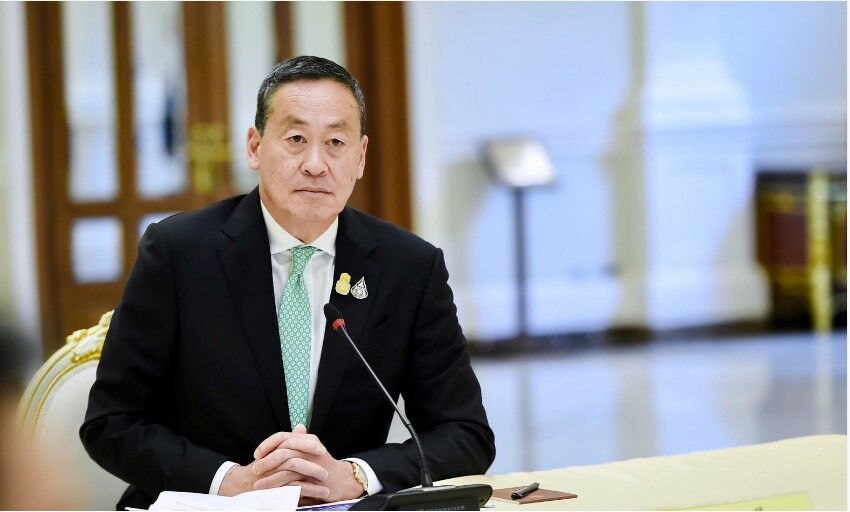Thai government to reveal details of contested 10,000-baht digital wallet scheme

The Thai government is set to disclose the specifics of its contentious 10,000-baht digital wallet scheme distribution today. Prime Minister Srettha Thavisin, in response to critics who argue the initiative could inflict more economic damage than benefit, will conduct a news conference at 2pm today to elucidate all aspects of the policy.
The 61 year old Thai prime minister has also indicated that other coalition partners do not share the concerns raised over the Pheu Thai Party’s digital wallet scheme. When queried about potential positive announcements at the press conference, he cryptically replied,
“I will explain everything all by myself.”
Opponents of the plan voiced their objections at a seminar titled The Digital Money Handout: A Disaster or Future for the Country? yesterday. Somchai Srisutthiyakorn, an ex-election commissioner, highlighted the government’s persistent push for the scheme despite numerous obstacles.
“It has ordered state agencies to review budget spending for the 2024 fiscal year to milk them [for money to finance the handout]. The government did not study laws related to financial discipline carefully. Even the Government Savings Bank cannot lend money to the government to finance the scheme.”
Somchai predicts that the government will announce a delay in the digital wallet scheme’s implementation, potentially until May, at the upcoming press conference. He speculated that the 10,000-baht digital wallet scheme might be disbursed in four 2,500-baht instalments instead of a single payment, which would undermine its potential to stimulate the economy, reported Bangkok Post.
Adding to the critique, former finance minister Thirachai Phuvanatnaranubala warned of the dangerous precedent that a politically motivated digital wallet scheme could set for future elections. He pointed out that the State Fiscal and Financial Disciplines Act explicitly prohibits projects that seek political gain at the risk of damaging the country.
In earlier discussions, a sub-committee responsible for implementing the digital wallet project recommended restricting the handout to 15 to 16 million holders of state welfare cards. This would impose a cost of 150 to 160 billion baht on the state.
Latest Thailand News
Follow The Thaiger on Google News:


























